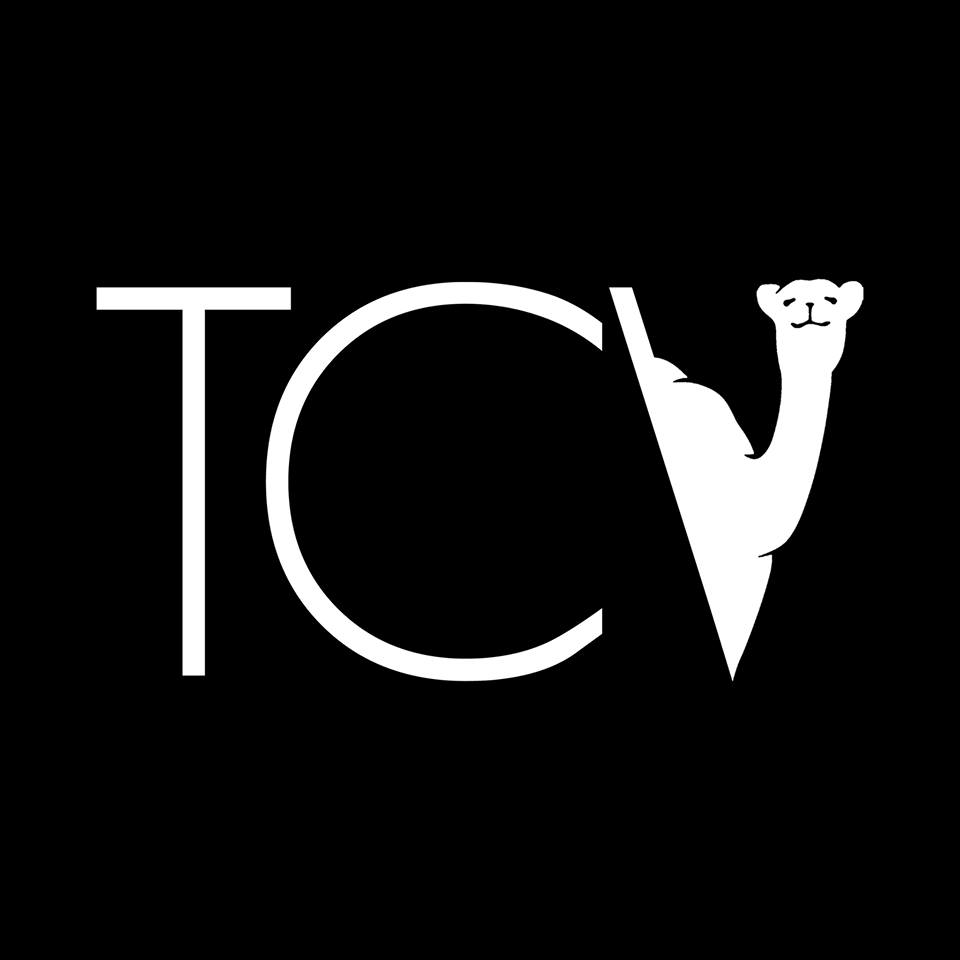I have a complex relationship with the word “juicy.” When I see a student hunched over a copy of the Voice, their eyes racing over our pages, I feel proud. If they look up and tell me that the content is interesting, or relevant, or—best of all—important, I smile. If they say it’s “juicy,” I wince.
The word “juicy” conveys intrigue, but in doing so, it’s double-edged. It tells us that we’ve gotten a scoop that others find interesting, which is crucial to relevant, worthwhile journalism. But it also suggests that the information has a gossipy appeal, as much information does, especially at a tiny, insular school where everybody seems to know everybody else. So I want to make this very clear: I’m not trying to spur rumors with the Voice’s reporting. I can’t control what people will do with the information they learn from us, but I hope that members of this community will be careful with their words—that they will think before saying something hurtful, that they will refrain from perpetuating unverified or unproductive information, and that they will respect the privacy of their peers. To this last note, I also want to stress that the Voice will always protect the identity of its anonymous sources.
Determining what should be said requires us to decide how much, and what kind of, information the public needs. If I folded every time someone disagreed with what and how I write, I would be a terrible journalist, and an even worse editor. But it’s important to engage with criticism and to remain conscious of how your audience might respond to what you publish, especially including how the information you divulge might affect the subjects. It’s been essential to remember this when making this week’s reporting decisions.
I think the Bryan Knapp story matters because it reminds us, as I wrote in an editorial last semester, that this College is not immune to instances of sexual misconduct and abuses of power. I think it’s our duty to write what we’re confident we know because we’ve had credible sources tell us, and because the truth matters. From the evidence that I can see, I don’t think this is a case of administrative bungling or cover-up, and I respect the College’s need to keep the whole situation confidential. I don’t think we need to blow the lid off and reveal something shocking that no one else would believe; rather, I think we need to acknowledge what’s been happening right before our eyes.
The story about the petition for Andrea Baldwin, likewise, raises questions about what does and does not need to be said. Although the Voice’s point of view changes along with its dynamic body of writers, I think of this as a paper that tends to be on the side of student activism. Hannah and I agreed that we hope the article doesn’t tamp the College’s activist spirit with its factual corrections. Pursuing justice is important, and it has to be done based on solid fact. Not every activist effort is built on truth and accuracy, but the most successful ones are—and if you want an example of noteworthy student activism happening right now, look up Howard University.
This campus is small, and misinformation circulates easily as a result. I’ve heard some of the errors in the petition springing forth from the mouths of students on several occasions, and I had heard rumors about Knapp before, considering his behavior a kind of “open secret” on this campus. Hearsay has a nebulous, pervasive nature; it easily becomes engrained in our reality as collective knowledge without a specific or verified source. Sometimes people believe things because their friends believe them, or because that’s what the side of “right” in general seems to think, so they spread gossip they’re not sure is true or slap their names on a petition without evaluating its demands. Sometimes, conformity gets in the way of truth. But sometimes, it flips around.
Collective action and group momentum don’t always spread falsehood, and when a trend of truth-telling starts, it can be formidable. We saw such a revolution this fall, though it was concentrated among the hyper-privileged. While it’s important to remember that the #MeToo movement was incited by Black activist Tarana Burke before its move to Hollywood, the movement gained the momentum it did largely because of its advocates’ combined visibility and income bracket. People listened to the movie stars who came forward because they were movie stars, many of them white, all of them wealthy. And the movement turned next to the news media and athletics, similarly high-profile arenas. If the world of academia is next, I can’t say that we’ll be reaching far enough in terms of accessing underrepresented voices and communities, especially at a school like Connecticut College, where a majority of students benefit from staggering privilege. But, I think it’s important for the so-called culture of silence to be replaced with a culture of awareness wherever possible, and for the energy of the #MeToo movement to transcend arenas beyond Hollywood, including this one.
Nothing truly trickles down, but culture does have a self-perpetuating nature. I certainly don’t think that the way to change damaging, oppressive, power structures should be top-down, but I do think that wherever something can be done, something should be done. So keep talking, Conn. Open or closed, turn your nebulous secrets and your suspicions of falsehood into concrete knowledge. Do it not for the jaw-dropping details, the breaking stories, or the salacious scoop, but for the change.
We’re not here to be juicy. We’re here to make people aware, because when we’re aware, we can get something done.
-Maia










